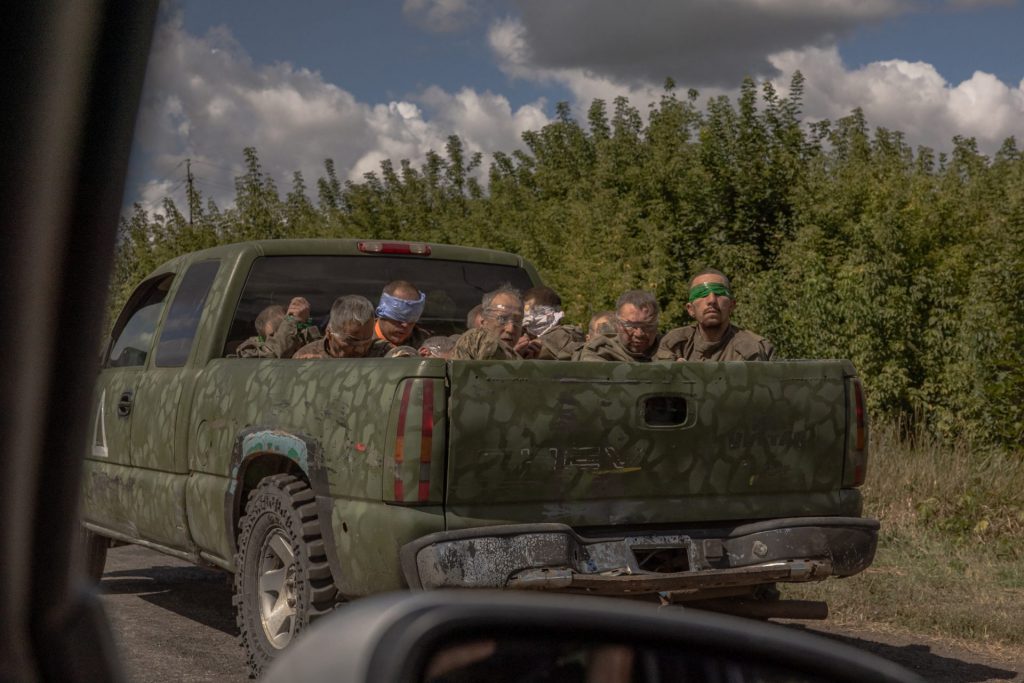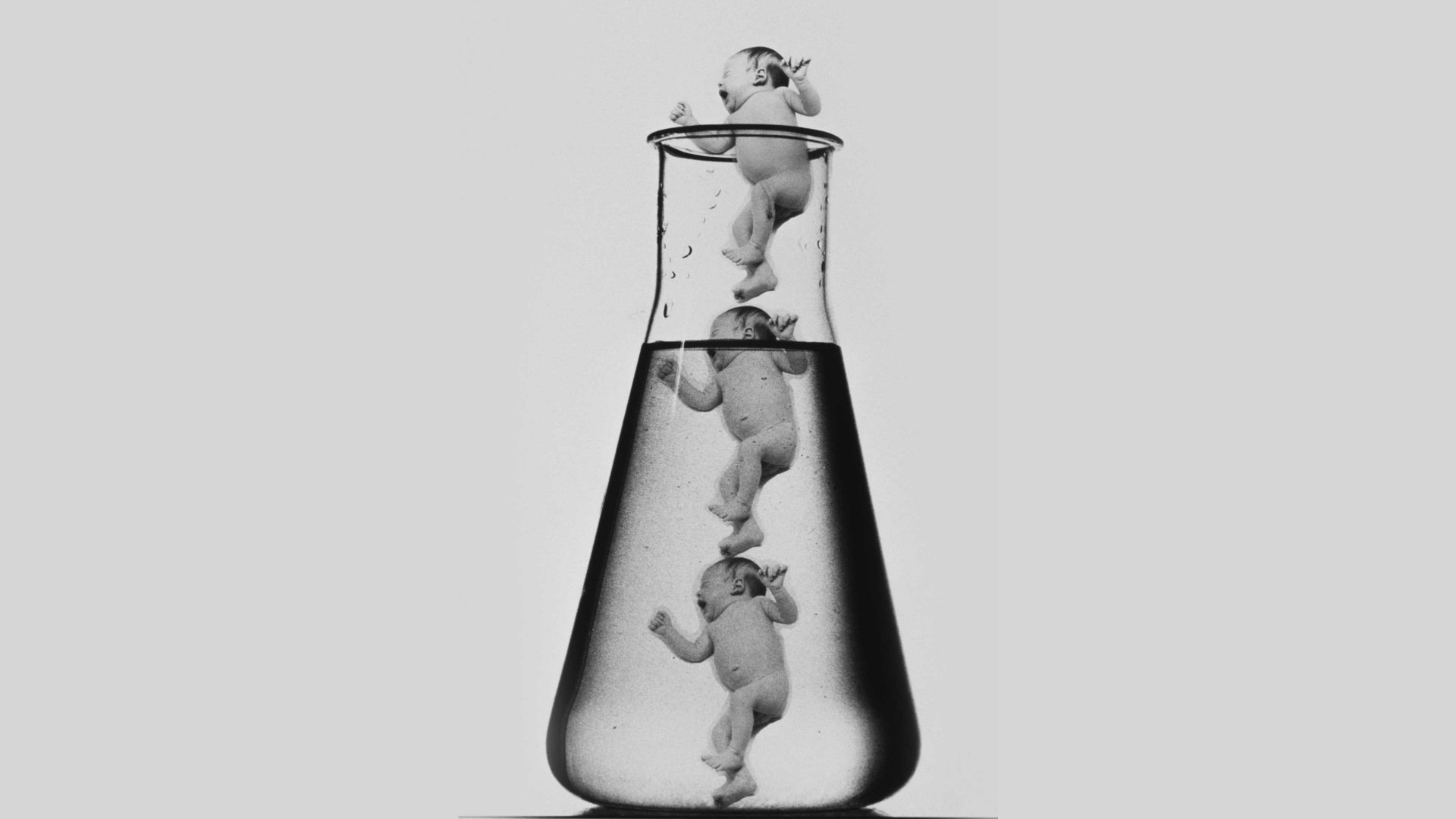An undesirable reality hidden behind a fake but impressive facade – thus Prince Potemkin allegedly sought to deceive his lover, Catherine the Great Empress of all the Russias, that his colonisation of Crimea was a glorious success. Grigory is said to have built elaborate fake portable settlements – now known as “Potemkin villages” – that would be assembled, taken apart and rebuilt again on various stages of Catherine’s journey down the banks of the Dnieper, reassuring her that progress was being made.
History does not repeat itself but it sometimes rhymes. Those of us who experienced the cold war first hand are in disbelief when we see the photograph of a British-built Challenger Two tank on Russian soil in the very place where one of the largest tank battles of the second world war took place – not as a trophy, but in action against the once vaunted Red Army.
These optics are powerfully adverse for the Kremlin. We have already watched Putin “lose it” in the extraordinary speech he made as Prigozhin and his band of mutineers surged towards Moscow.
Though Ukrainian Cossacks did sack parts of Moscow in the 17th century, the Ukrainian military this time is unlikely to risk stretching its lines of supply much beyond 50km.
However the situation could hardly be worse for Putin – a slow and incompetent military response to the Ukrainian invasion, massive displacement of the civilian population and a key gas terminal which supplies Hungary and Slovakia, both governments among Putin’s closest European sympathisers, now in Ukrainian hands.
In nine days the Ukrainian units have captured more than 1,000 square km of Russian territory. It has taken the Russian military over 250 days from the start of their last offensive to overrun a slightly smaller area with a casualty count that runs into tens of thousands. Since Putin failed in his original plan in February 2022 to decapitate the Ukrainian regime in a classic Chekist lightning coup, his special military operation has been an unmitigated disaster.
That original failure came as a surprise to most military experts including Russia’s own; and what has also become evident over the last two years is the Russian Army’s inability to fight a war of manoeuvre. It lacks the command structure, the trained officer corps, surprisingly it lacks the sophisticated secure communications and it also lacks the motivation.

The cold war concept of a highly mobile tank army racing across the northern European plain expired quietly in the military academies of the Soviet Union with some help from Stalin and his successors. It has taken the invasion of Ukraine to reveal the dry rot which has eroded Russia’s conventional military power.
What Russia can still do however is stand-off kinetic destruction, its glide bombs being the latest example, and grinding frontal costly assaults. We had already witnessed the former in Syria. Its battlefield engineering skills are also capable – building efficient defensive lines relatively quickly.
Thus it had sucked Ukraine into a static conflict of attrition in which Russian quantity would hold the advantage over Ukrainian quality, especially with the onset of war weariness. Ukraine has therefore gambled to break this Russian determination of a war that Putin preferred to fight, once it became clear that there was no rapid route towards a Russian victory.
So where does this leave Putin? Is his grip on power slipping? Is his strong-man image a Potemkin facade?
One certainly cannot write off the power of the Russian state. Russia’s strategic rocket forces remain intact and its formidable underwater warfare capability is not in question; but both are irrelevant to the conduct of a land war confined to the European continent – though these exceptional military capabilities have allowed Putin to threaten Ukraine’s western allies with a wider and much more deadly conflict.
However those threats have acquired a hollow ring as Putin’s personalised special military operation runs into ever deeper trouble and no amount of state controlled media can any longer disguise the fact. Commentators normally loyal to Putin are starting to ask difficult questions.
An army equipped with western weapons on Russian soil, capturing Russian conscripts in droves, and removing Russian flags from its buildings is, after all, unprecedented. It has not happened since Hitler’s Wehrmacht and its following SS units swept through the same territory.
The Russian state narrative is designed to keep alive that memory as though it had happened yesterday.
The potency of the imagery therefore is magnified by the machinery of propaganda that Putin’s regime has itself built and emphasised. There is no avoiding the humiliation.
Russia entirely lacks the machinery to handle political change. Putin has either silenced or murdered his political opponents; but his own political fate is now entwined inexorably with the outcome of his Ukrainian venture.
He owns the special military operation and if his army is unable to execute it in a manner that prevents a claim to success, he then takes the responsibility for its costly failure. That outcome suddenly begins to look more likely as Ukraine strengthens its hold on Russian territory.
“Uneasy sleeps the head that wears the crown”. Of course Putin’s coterie of doctors will be seeing to it that he does sleep… and they will also be keeping at bay the symptoms of his other medical afflictions, whatever they might be.
Against this background it is interesting to speculate on the mood inside the Russian leadership circle. They are intelligent men, no consequential women by the way, caught in a spiral dragging them towards a very dark place – a familiar theme in the troubled history of Russia’s rulers, as they must all be aware.
Some of them, in the depths of the night, must be thinking “what if?”
If history does sometimes rhyme then we should not exclude the implosion of Russia’s current ruling group. To predict it would be rash, but brittle objects shatter when stressed at their point of weakness – and there cannot be a more brittle assembly of unaccountable power than among the men who are choosing to share Putin’s fate.
And if Putin’s regime did disintegrate, would the outcome of a politically chaotic Russia be worse than a contained conflict between Russia and Ukraine? Quite possibly. We should be cautious in the west about what we wish for.
The outcome however will not be determined in Washington or any other western capital, but exclusively in Kyiv and Moscow.
Richard Dearlove is a former head of MI6



